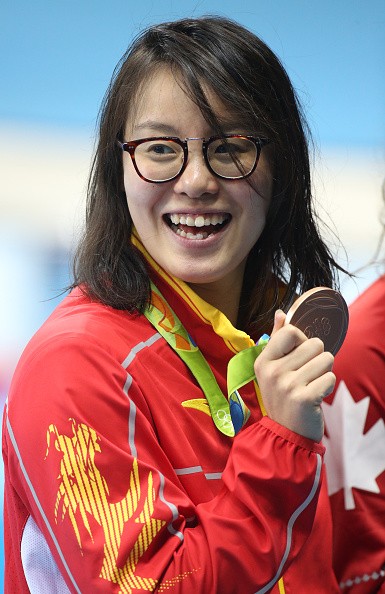2016 has been an eventful year for Chinese sports, as many surprising developments took place on and off the courts.
Athletes that took the spotlight
The year saw China becoming a prominent power in the international sports scene, China Sports Beat reported. China placed third on the medal table of the 2016 Olympics in Rio de Janeiro, Brazil in August.
Lang Ping was considered to be one of the unsung heroes of the Chinese team's Olympic efforts, coaching the volleyball squad that grabbed gold despite not being the early favorites. Lang even managed to earn the distinction of being the only individual to win gold at both the Olympics and the World Championships as a player and coach.
Meanwhile, swimmer Fu Yuanhui found fame beyond medals when she became an international Olympic darling thanks to her colorful and lively personality. Fu caught the attention and adoration of sports fans on the internet following her hilarious reaction after finding out she won bronze in her event.
Outside the Olympics, Zou Shiming brought glory in the boxing ring. Zou became China's second professional boxing champion this year after he beat Thailand's Kwanpichit Onesongchaigym for the vacant WBO flyweight belt in November.
China gets soccer fever
2016 also saw China get more into the sport of soccer, with big companies buying stakes in European football clubs. In May, Chinese billionaire Tony Xia purchased Championship League club Aston Villa for a whopping $75 million. This was followed by Fosun International acquiring the Wolverhampton Wanderers in July and West Bromwich Albion being bought by entrepreneur Guochuan Lai in September.
Back home, China also sought to encourage more of its youth to play the sport. The government unveiled plans to expand its current 16,000 soccer training schools to over 50,000 by 2025. As part of the plan, over 900 new schools were opened in the Xinjiang Uyghur Autonomous Region.
Chinese sports industry on a boom
The country's sports industry also saw significant growth in 2016, China Daily reported. Internet giant Tencent signed a deal with FIBA that sees it as the tattler's major marketing partner for the next five years. Meanwhile, online video company Storm Sports snagged broadcasting rights for the premier China Basketball Association.




























